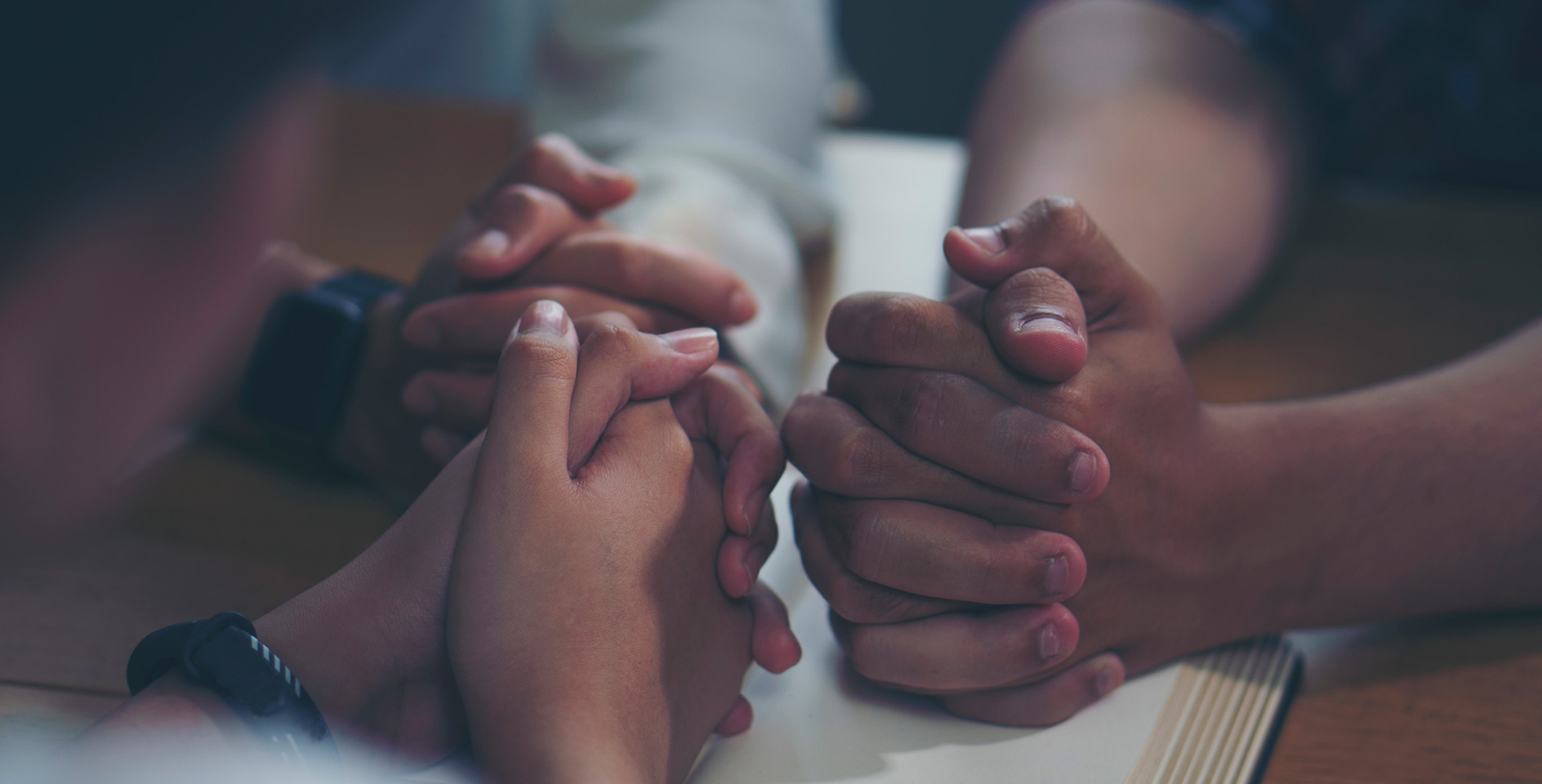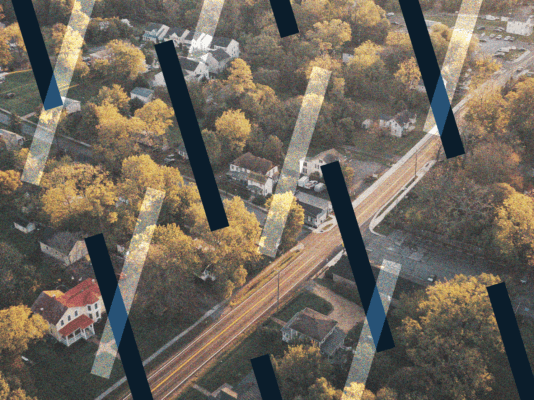Racism is an inescapable fact embedded in America’s historical narrative. Long considered the “original sin” of the United States and the American colonies, racism and racial prejudice have plagued the hearts and minds of citizens and churchgoers for centuries, and inflicted lasting wounds on whole people groups. It was and is a sin of epidemic proportions, inscribed even in the earliest iterations of our Constitution.
But while racism may be America’s original sin, it’s not a sin that originated in America. The record of racism is a thread that runs the length and width of human history. From time immemorial, the seed of racism has pervaded human nature and the human experience. Far as the curse is found, so far can racism be found.
As deep and wide as the scourge of racism runs, it can feel ambitious even to ask the question, “What is racial unity?”. We’ve seen too many lives lost, read of too much injustice, and heard too many racial epithets to imagine, even for a moment, a world in which racial unity is a remote possibility. But, as Christians read in our sacred text, racial unity is not only possible, it has been accomplished in the person and work of Jesus Christ, the king of a now and future kingdom.
The Bible’s vision of racial unity, past, present, and future
Many of us may balk at the assertion that racial unity was accomplished once and for all in Christ. Our experience of life in this broken world tells us otherwise. How can we suggest that racial unity is a reality that’s not only feasible but achieved? Racial unity, the Bible asserts, was accomplished in the past, is a certain reality in the present, and will continue forward everlastingly.
Past: “But now in Christ Jesus,” the apostle Paul writes to his Gentile readers, “you who once were far off have been brought near by the blood of Christ. For he himself is our peace who has made us both one and has broken down in his flesh the dividing wall of hostility . . . that he might create in himself one new man in place of the two, so making peace” (Eph. 2:13–15, ESV, emphasis added).
Present: “For those of you who were baptized into Christ have been clothed with Christ,” Paul again says. “There is no Jew or Greek, slave or free, male and female; since you are all one in Christ Jesus” (Gal. 3:28, CSB, emphasis added).
Future (and present): “After this I looked, and there was a vast multitude from every nation, tribe, people, and language, which no one could number, standing before the throne and before the Lamb. They were clothed in white robes with palm branches in their hands. And they cried out in a loud voice: Salvation belongs to our God, Who is seated on the throne, And to the Lamb!” (Rev.7:9–10, CSB).
In Christ, racial unity has been achieved—it is a past, present, and future fact. By the power of his death and resurrection, his ascension and heavenly session, and his sending of the Spirit, the Lord Jesus Christ has created for himself “one new man,” “a chosen race . . . a people for his own possession” (1 Pet. 2:9). It is done. And while we can agree with the biblical witness that unity is accomplished in Christ, as we look around today, we should recognize that something is woefully amiss, both inside (sometimes) and outside the Church. The racial unity that has been purchased and applied to us in Christ, has yet to be fully, or even nearly, realized.
So, if racial harmony is real and operative for those who are in Christ, why are we often so bad at it? What can we do to bring it to bear in our lives, our homes, our churches, and our communities? We can begin by defining what it isn’t and what it is.
What is racial unity?
There are many misunderstandings about what racial unity is and what it entails. We might think, for example, that unity means uniformity, or sameness. But that would be incorrect; the “one new man” Christ has created for himself is composed of a “vast multitude from every nation, tribe, people, and language,” as we’ve already highlighted.
Or, we might assume that unity requires minority groups to assimilate to or be wholly subsumed into the majority culture, surrendering their own God-given distinctives for the sake of unity. This, too, would be an error—Gentiles didn’t have to assimilate into Jewish customs and culture to experience unity with Jewish Christians. The unity that Christ has accomplished for us doesn’t require uniformity or assimilation; it is a constitutional reality that we can either embrace by the Spirit or ignore in our flesh.
Instead, racial unity is the reality by which members of every nation, tribe, people, and language, having been redeemed by Christ, adopted by the Father, and sealed by the Spirit, are bound together in Christ as “one new man” and welcomed into the family of God together as brothers and sisters.
It is the recognition that we are one body made up of many parts and that our differences are good. We are not strangers or foreigners, but citizens and members of God’s household. And we are a temple made up of many stones. Racial unity is built on humility and gratitude and bears witness to the wisdom and glory of God. It is a gift.
On earth as it is in heaven
In the heavens, at this very moment, a unified group of diverse men, women, and children are standing before the throne of God shouting praises to “God . . . and to the Lamb.” There is no bias there, no injustice, and no division. Instead, in union with Christ and one another, their hearts are flooded with gratitude and, you have to imagine, as they look around at the crowd of worshipers, filled with an overwhelming sense of awe. In Christ, God has put to death everything that divides us and has bound us together as a family. In heaven, this unity has been fully realized.
On earth, we’ve got some work to do.
So, how can we make this heavenly scene more indicative of the communities we belong to now? In the SBC, one step we’re taking is through the Unify Project, an initiative led by pastors Fred Luter and Ed Litton that “provides simple, practical, and effective resources that can be adopted by churches across the Southern Baptist Convention and beyond.” If you’re unsure where to begin, the Unify Project is a great place to start.
Our churches are yearning for unity, but often struggling to bring it to fruition among their congregations. Our communities are scarred and in turmoil. Our society, in some ways, is as divided as it’s ever been. What are we to do? Where are we to look for help? It is the Church—the people of God, the bride of Christ, the residence of the Spirit—to whom racial unity has been conferred, and by whom racial unity can be displayed and, through the Spirit, offered to a watching world.
So, may we humble ourselves and pray to the one true God, through the only begotten Son, by the power of his Spirit that the unity of God’s heavenly kingdom would be on display in our churches and be on offer for those who are so weary of our divided society and so weighed-down by its effects. May it be, on earth as it is in heaven.










